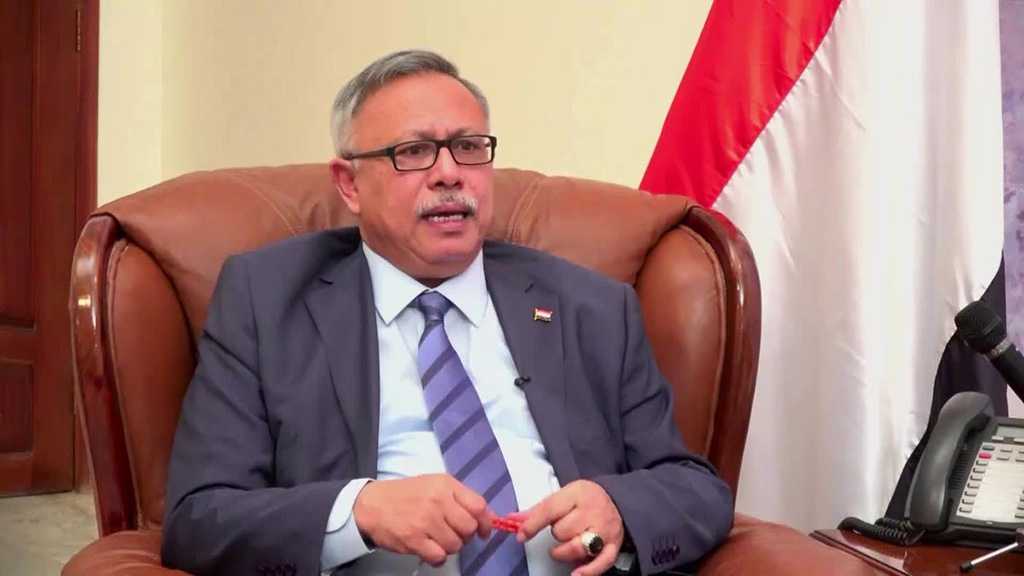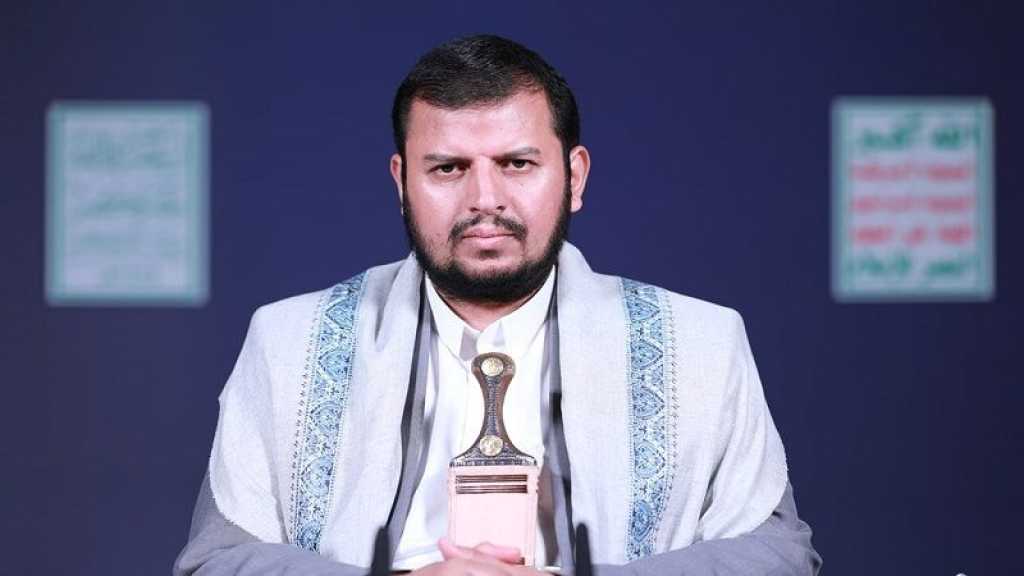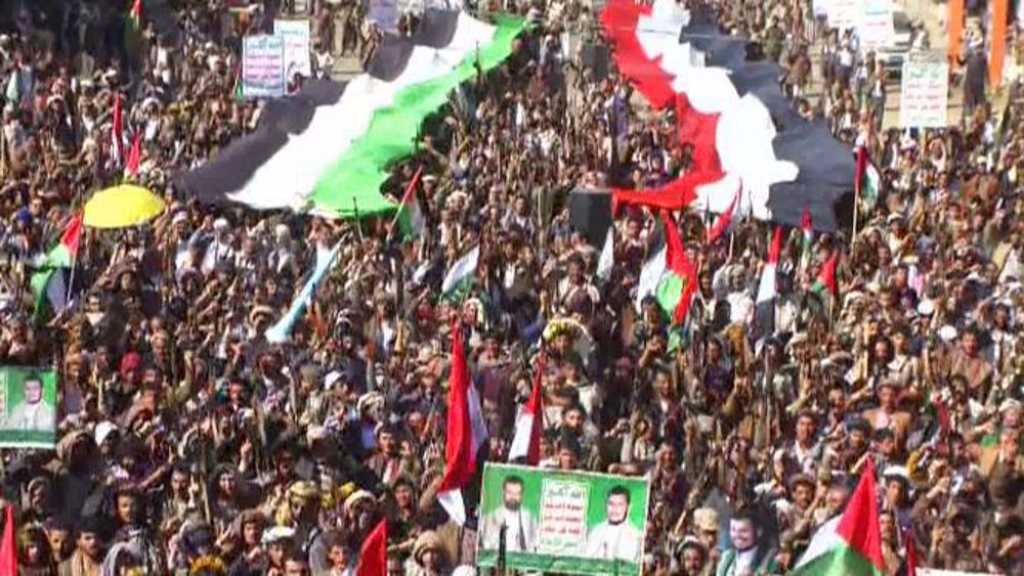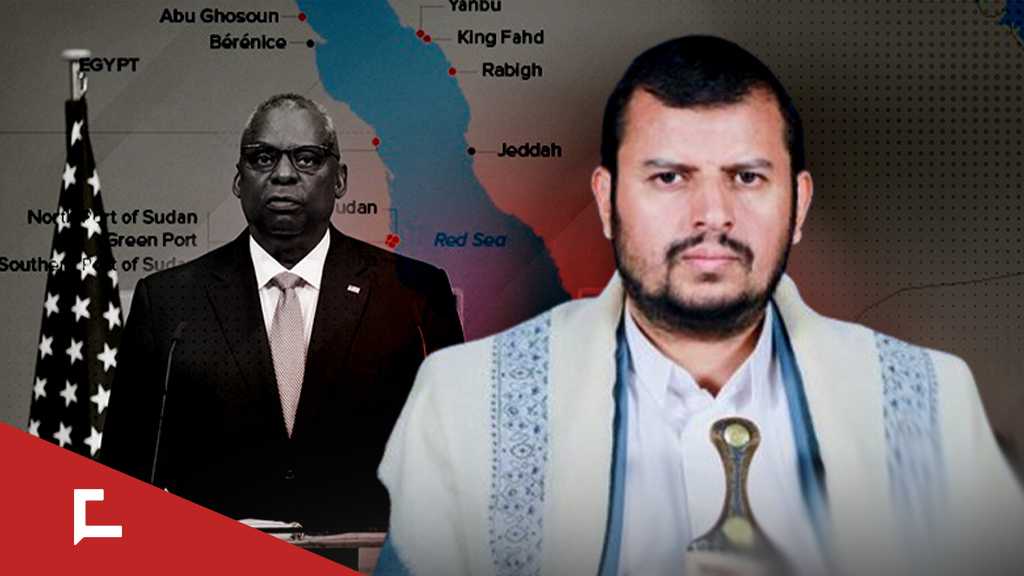
Yemeni PM Warns of US-“Israeli” Plot Seeking Breakup of Arab Country

By Staff, Agencies
The prime minister of Yemen’s National Salvation Government has warned of a fiendish project developed by certain Western countries and the occupying "Israeli" regime targeting the unity and territorial integrity of the war-wracked Arab country.
Abdulaziz bin Habtour made the remarks on Monday, as Yemen was marking the 33rd anniversary of the national day for Yemeni unity.
He said that the scenario has garnered the support of the majority of the Gulf Cooperation Council [GCC] member states, who led the devastating war on Yemen.
“The Western-‘Israeli’ project seeks to disintegrate the fabric of the Yemeni society, and split the country into two parts as it was the case before Yemeni unification [which took place on May 22, 1990],” Bin Habtour told Lebanon’s Arabic-language al-Mayadeen television news network, noting that “The scenario could be traced back to 1994 and is a regeneration of old plots.”
“The Sanaa-based National Salvation Government nipped the US-engineered plot in the bud, and continues to fight off other hostile moves against Yemen,” the senior Yemeni official said.
He also voiced concerns over the possible looting of natural resources and crude oil reserves in Yemen’s eastern Hadhramaut province.
“Hadhramout province is among fairly strategic regions in Yemen, particularly because of the large expanse of land it covers, its geographical location, historical heritage, and economic significance,” the Yemeni prime minister pointed out.
Earlier, Mahdi al-Mashat, head of Yemen's Supreme Political Council, had made similar comments, emphasizing that “Yemen’s unity should not be a matter of contention among various political factions in the country, and must be preserved by all individuals and groups.”
“Our country is exposed to various hostile plots and suspicious projects seeking its disintegration,” Mashat highlighted.
Saudi Arabia launched the bloody war against Yemen in March 2015 in collaboration with a number of its allies and with arms and logistics support from the US and several Western states to reinstall the ousted president Abdrabbuh Mansur Hadi.
Hadi resigned from the presidency in late 2014 and later fled to Riyadh amid a political conflict with the popular Ansarullah movement.
The war objective was to crush the Ansarullah movement, which has been running state affairs in the absence of an effective government in Yemen, but it has stopped well shy of all of its goals, despite killing tens of thousands of Yemenis and turning the entire country into the scene of the world’s worst humanitarian crisis.
However, in the wake of the Chinese-brokered Iran-Saudi detente in March, the kingdom took a step to end the crisis in Yemen.
In April, a Saudi delegation reportedly met with a number of high-ranking officials from the Yemeni Ansarullah resistance movement in Sanaa as part of preparations for talks to reach a final ceasefire agreement to end the eight-year Saudi war.
Ali al-Qhoom, a member of Ansarullah’s political bureau, praised Oman for efforts to close the gaps between the Yemeni resistance movement and Saudi Arabia, saying Sanaa is “optimistic” about the prospects of Muscat’s role to broker peace between the two sides to the conflict.
Prior to the visit, reports said Saudi officials had held a closed-door meeting with the chairman and members of the so-called Yemeni presidential leadership council, which was established last April after the resignation of Hadi, to inform them about a peace plan for Yemen.
Saudi Arabia’s Defense Minister Prince Khalid bin Salman briefed the council on Riyadh’s solution to end the crisis in Yemen by pledging to pay the salaries of public servants, open Hudaydah port, and help settle the currency crisis in Yemen in exchange for Sanaa’s acceptance of the truce.
Comments



